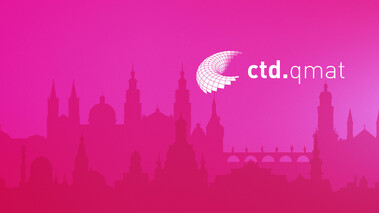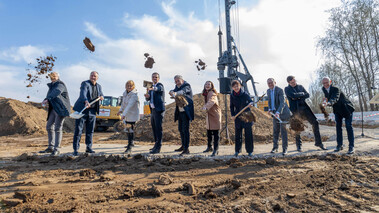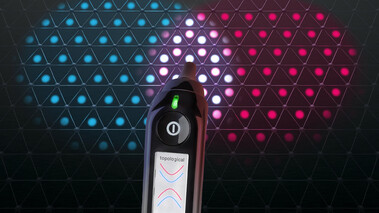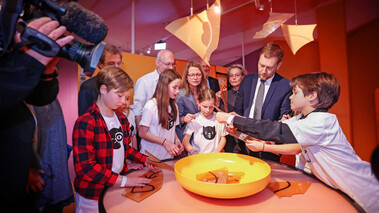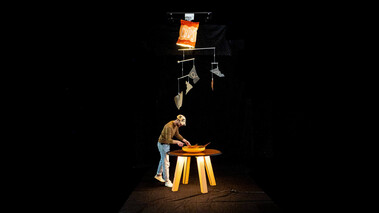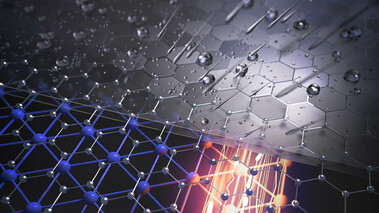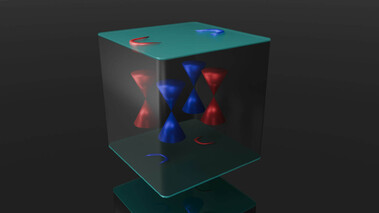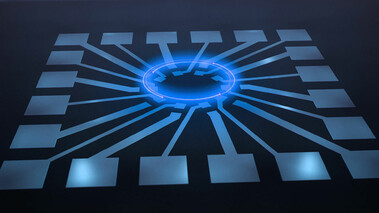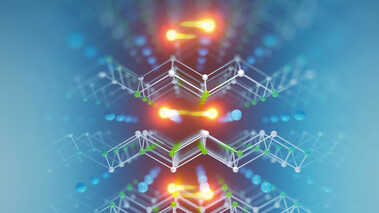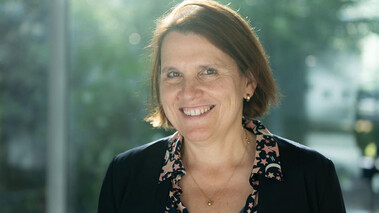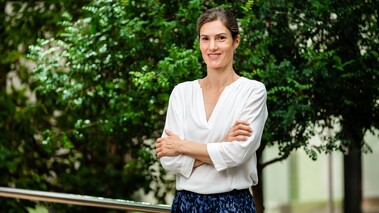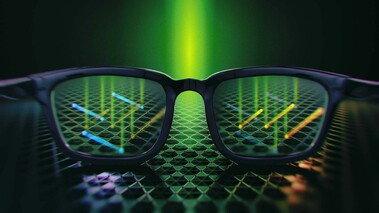News
-
![Gruppe von Personen mit Spaten bei einem symbolischen Spatenstich auf einem freien Gelände.]()
02 Apr 2025
Groundbreaking ceremony for new joint research facility of IFW Dresden and TU Dresden
more
-
![Kinder und Erwachsene in einer Fernsehsendung mit KatzeQ-Figur und farbigem Studiolicht.]()
25 Apr 2024
12:00 pmKitty Q – A Quantum Adventure: Germany’s First Quantum Physics Escape Room for Children Opens in Dresden
more
-
![Claudia Felser im Porträt vor verschwommenem Hintergrund, draußen bei Tageslicht.]()
27 Sept 2023
Claudia Felser Awarded the 2023 EPS Europhysics Prize for Pioneering Scientific Work
more
-
![Dsc03091]()
09 Aug 2023
Teaching award for Elena Hassinger: Unpacking the impact of gender stereotypes on scientific careers
more
-
![Breitbildaufnahme einer Brille mit grüner Reflexion digitaler Linien auf den Gläsern.]()
13 Jul 2023
“3D glasses” for topological materials: Using hi tech to illuminate quantum mysteries
more


